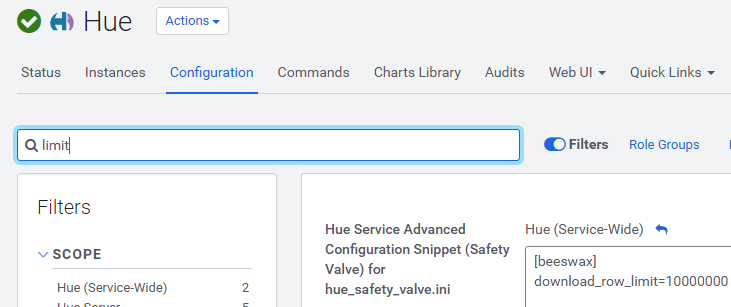pip3 install --trusted-host pypi.org --trusted-host files.pythonhosted.org kafka-python
참고: https://curryyou.tistory.com/179
[파이썬] pip 설치 SSLError 오류 해결 방법: SSLCertVerificationError [SSL: CERTIFICATE_VERIFY_FAILED]
회사 컴퓨터나 사내망 등의 환경에서 pip로 파이썬 라이브러리를 설치하면, 아래와 같이 SSL관련 에러가 뜰 때가 있다. (방화벽/프록시 등의 이슈로, 해결 방법은 간단하다) pip install requests <터미
curryyou.tistory.com
pip.conf 파일을 만들면 매번 옵션을 추가할 필요가 없다.





